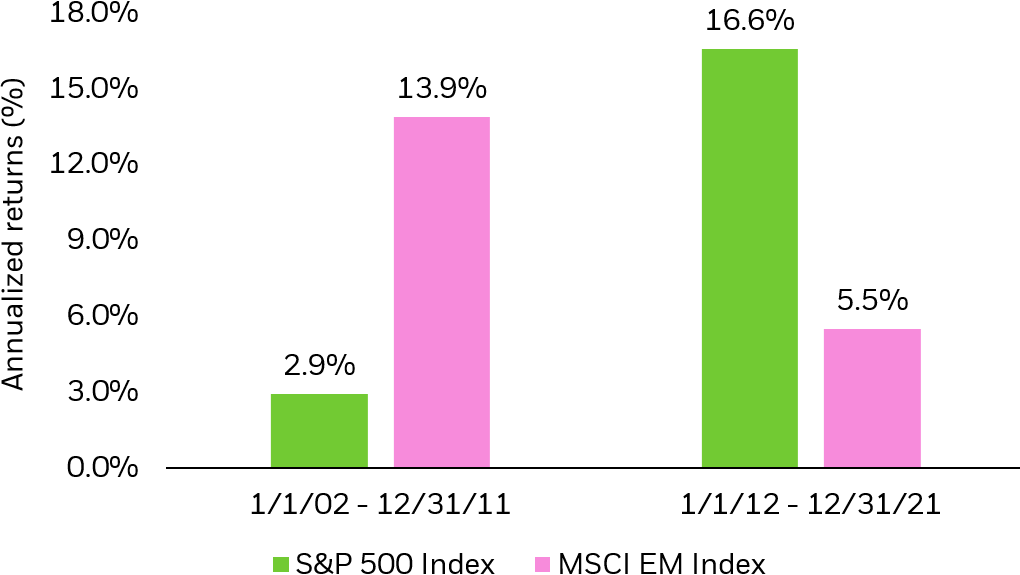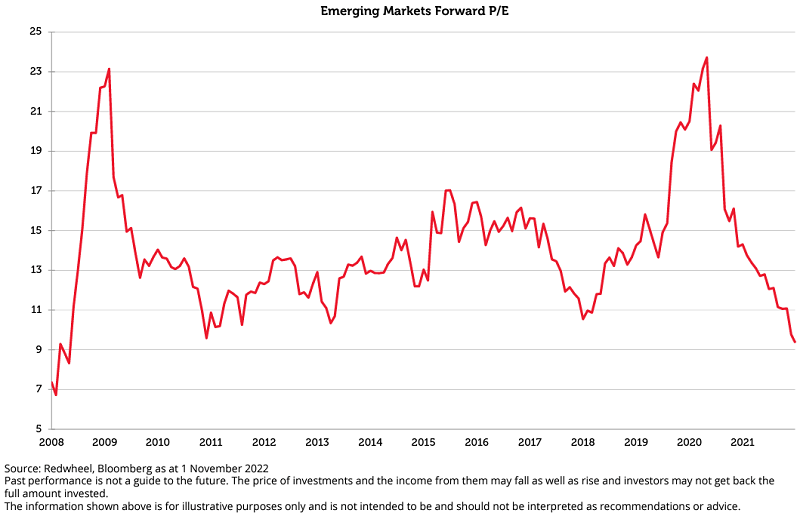China follows a unique form of political system called “market socialism”. In this system, the economy is capitalist to some extent but the political system is communist. Under this system only one party runs the country and no other party is allowed to exist. The state plays a major role in the functioning of the economy. Individuals are given limited freedom to open and run their enterprises and become wealthy in the process if they are successful. The state ensures that the key industries are controlled by the government and the state does not believe in the “markets” and its “invisible hands”. Because political control remains under the firm of the communist party individuals regardless of wealth are basically forced to keep quiet whether they agree with or disagree anything the state does.
On the other hand in countries such as the US that follow capitalism, democracy exists and individuals are allowed full freedom to do anything they wish as long as it is legal. No law prevents anyone from starting a new political party for example or citizens will be crushed by tanks should they protest some actions by the state. In this political system, the state trusts in the “market” and its “invisible hands” to run the economy. The state plays a small role in ensuring laws and regulations are set for participants in the market follow and punish violators. In some ways the state plays the role of a spectator in a show as opposed to someone who actually runs the show.The state also believes that the worst of human beings in a competitive economy will do the best for others and the country. This type of assumption overlooks natural human sins such as greed/lust for wealth and power. The concept of “trickle down economics” is also widely believed and supported. This concept simply means that once some individuals become extremely wealthy due to their hard work and luck, they will start investing their wealth in creating jobs, building factories, etc. to help others who are lower in the economic class system.
With that introduction to two forms of political systems, here is an excerpt from an article by professor John Ross:
China’s ‘socialist development strategy,’ which commenced with its 1978 economic reforms, is radically different in its entire framework and directly counterposed on key policy issues. China used, in Xi Jinping’s phraseology on economic policy, both the ‘visible’ and the ‘invisible hand’ – not simply the private sector but also the state. Indeed, in China itself, as the 3rd Plenum of the Central Committee of the 18th Congress of the CPC insisted: ‘We must unswervingly consolidate and develop the public economy, persist in the dominant position of public ownership, give full play to the leading role of the state-owned sector.’
In social policy, accompanying the economic dominance of the state sector, China did not rely on ‘trickle down’ but, in line with its socialist approach, China:
- undertook massive and conscious programmes deliberately aimed at eradicating poverty – these are to be completed in the 13th Five Year Plan by 2020 by lifting the remaining 70 million people out of poverty;
- China deliberately promotes development through urbanisation as a way of moving the population into higher productivity economic sectors;
- China deliberately sought to narrow the income gap between rural and urban areas;
- China does not rely exclusively on ‘the market’ but deliberately uses state infrastructure spending to raise the economic level of its less developed inland provinces;
- legally China guaranteed private property but a key economic role was assigned to the state sector,
- politically China was socialist.
What, therefore, were the factual outcomes of these two radically different approaches to economic development? To assess this, for reasons which will become evident from the statistics, not only will China itself be analysed but three other countries will be considered. These are Vietnam, which defines itself as socialist and which in reality drew heavily from China’s ‘socialist market economy’ approach, Cambodia, and the Lao People’s Democratic Republic – the latter two also being highly influenced by China’s development model.
The facts are summarised in Table 1 which shows the annual average rate of per capita GDP growth up to 2015 from 1978, when China began its economic reforms, from 1989, when the Washington Consensus was put forward, and from 1993 when data for Cambodia becomes available.
The data is of course extremely striking – indeed conclusive. From 1993-2015, when all four countries can be analysed China, Cambodia, Vietnam and Laos ranked respectively 1st, 2nd 3rd, and 4th in world per capita GDP growth – peripheral cases of countries with populations of less than 5 million or dominated by oil production are not included. From 1989, the date of the putting forward of the Washington Consensus, to 2015 China, Vietnam and Laos ranked respectively 1st, 2nd and 3rd in the world for countries in per capita GDP growth. From 1978 onwards China ranked 1st among all economies in terms of economic growth.
This ranking of growth necessarily shows that China’s economic model not only produced more rapid growth than developed economies but also capitalist economies at the same stage of economic development (level of per capita GDP).
Table 1
Source: Data shows China’s ‘socialist development model’ outperformed capitalist development strategies, John Ross, Senior Fellow at Chongyang Institute for Financial Studies, Renmin University of China, Key Trends in Globalisation
Dr. Ross’ point about eradication of poverty is surprising. He notes (emphasis added):
From 1981 China lifted 728 million people out of World Bank defined poverty. Another socialist country, Vietnam, lifted over 30 million from poverty by the same criteria. The whole of the rest of the world, in which the dominant model advocated by the IMF was the Washington Consensus, lifted only slightly 120 million people out of poverty.
The entire article is worth a read.
You may also want to the following related story in the NY Times.
From Venture Communism: How China Is Building a Start-Up Boom:
The Chinese Communist Party doesn’t trust the invisible hand of capitalism alone to encourage entrepreneurship, especially since it is a big part of the leadership’s strategy to reshape the sagging economy.



